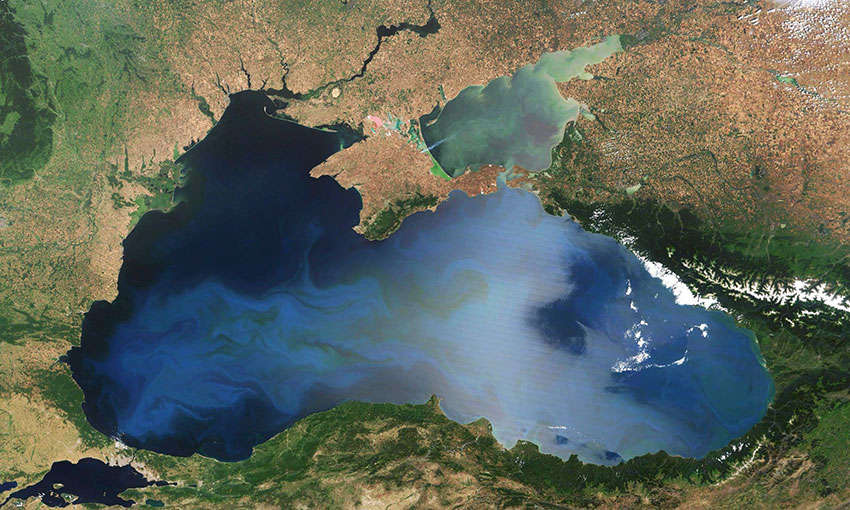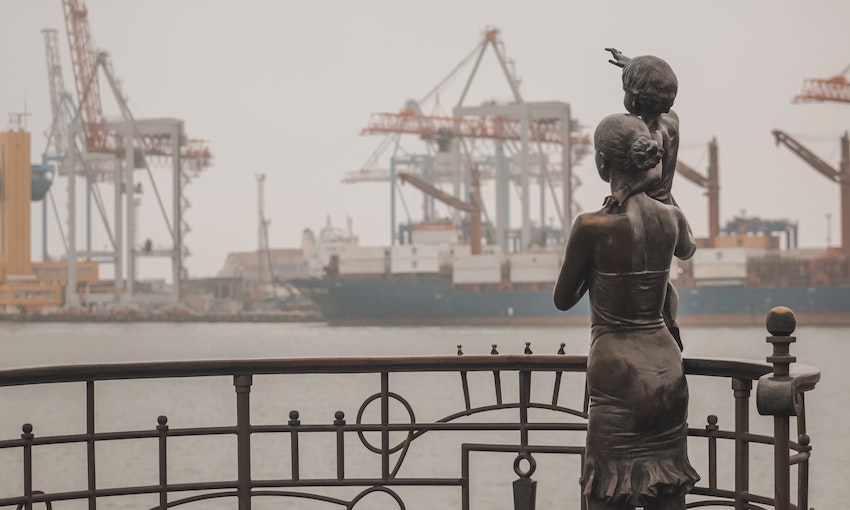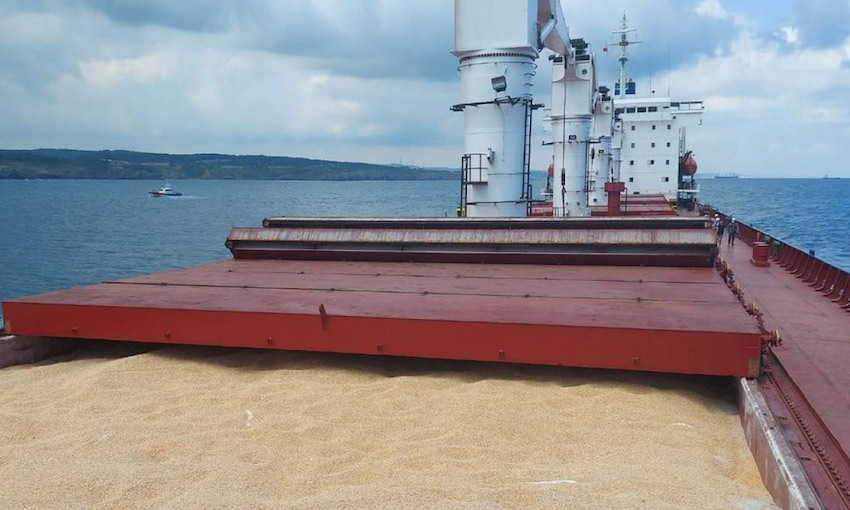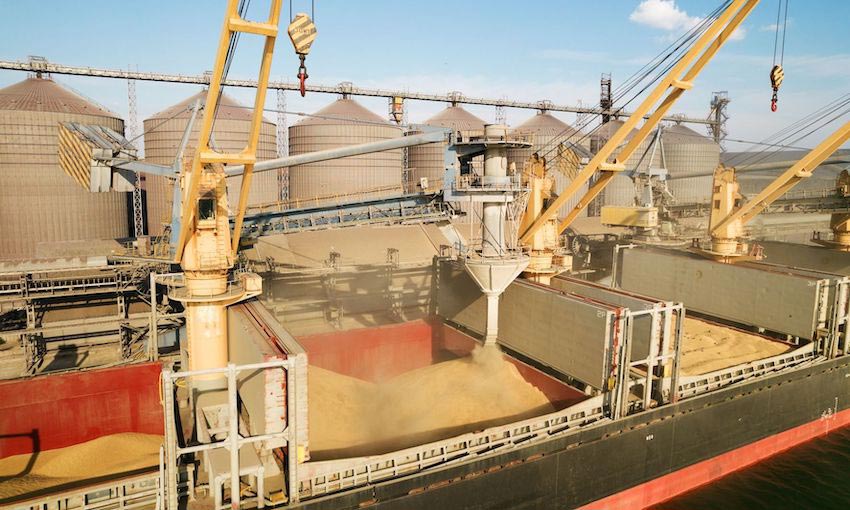IMPACTS of the Russia-Ukraine conflict have overflowed into the maritime industry; some merchant ships have been struck by bombs and missiles and another seized under sanctions.
Russian forces invaded Ukraine on Thursday 24 February in an attack condemned by governments worldwide.
Parts of the Black Sea were quickly shut down as Ukrainian ports were closed and shipping companies diverted vessels away from the region.
However, reports have emerged over the weekend describing the damage sustained by three merchant ships in the area.
According to Reuters, Ukraine has reported two non-military vessels were hit by Russian missiles in the Black Sea on Friday 25 February.
Millennial Spirit, a Moldova-flagged chemical tanker, was reportedly carrying 600 tonnes of diesel when it was struck by a Russian military ship near the Ukrainian port of Odessa.
It is understood the crew was comprised of Russian nationals, all of whom abandoned ship when the ship caught fire. Reports indicate two crewmembers were seriously injured.
The second vessel to sustain missile damage that day was Namura Queen, a Panama-flagged cargo ship due to load grain at Port of Pivdennyi in Ukraine.
News reports suggest the ship was owned by a Japanese firm and had a crew of 20 Filipino seafarers, one of whom sustained a non-life-threatening injury.
The two incidents follow reports of a Turkish-owned bulk carrier being hit by a bomb off the coast of Odessa on Thursday.
No casualties were reported onboard the Marshall Islands-flagged Yasa Jupiter. Reuters said the ship soon resumed its voyage to Romania.
In the English Channel, a Russia-flagged ro-ro cargo ship was reportedly intercepted by French sea police while en route to Saint Petersburg.
It is understood Baltic Leader was seized under suspicions it was linked to Russian interests targeted by US sanctions.
The Russian embassy in France is reportedly asking for an explanation from French authorities over the seizure.
Meantime, several shipping companies operating in the Black Sea have suspended services in the region and have diverted cargo away from Ukrainian ports.
On Sunday, Maersk issued a statement advising customers of its approach to maintaining the movement of freight.
“To prevent congestion in key ports, we are moving cargo to and from Ukraine to ports with less yard density that still possess the required reefer plugs to retain perishable commodities, and earlier this week we announced a series of relief packages,” the company said.
Maersk said air and rail offerings can also serve as a means of alternative transport for cargo still at origin.
The statement also suggested seafarers have been impacted by the situation, aligning with concerns that impacts for local seafarers could carry adverse consequences for supply chains.
“Crew changes were stopped for those on the way to home to Ukraine due to security concerns and they have now been set up in Poland for the next few days as we track the situation.”
The company said it is monitoring the developments in nearby waters and understands the situation could escalate and have further impact on its people and services.





